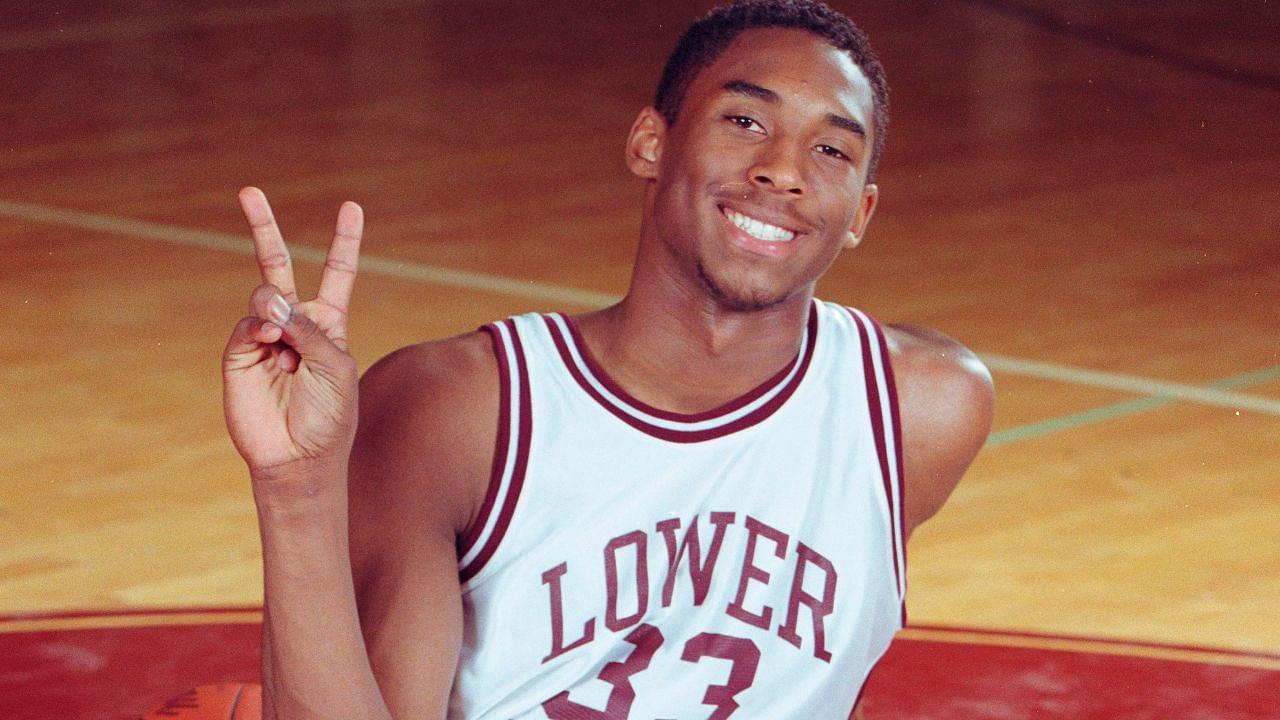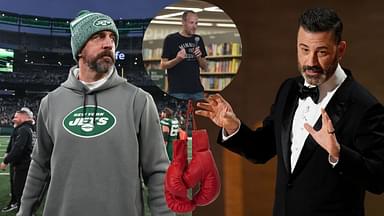When Kobe Bryant was 6 years old, his father, Joe ‘Jellybean’ Bryant, accepted a professional basketball contract in Italy. Before Italy, Joe had a professional basketball career in the NBA, representing teams such as the Philadelphia 76ers, the San Diego Clippers, and the Houston Rockets. As a young kid, Kobe became familiar with the Italian Basketball scene. From neighborhood courts to youth leagues, he began showcasing skills that surpassed the capabilities of his Italian peers. They didn’t like that one bit.
Advertisement
As an African American, he often faced prejudice and racial discrimination in a predominantly homogenous society. Bryant’s early displays of unparalleled talent were accompanied by a noticeable air of arrogance. His unwavering belief in his own abilities often rubbed his Italian teammates the wrong way. Accustomed to a more collective style of play, they found themselves uncomfortable with his individualistic approach and unyielding confidence.
In Jeff Pearlman’s book “Three-Ring Circus,” he delves into the Bryants’ time in Italy. Jeff reveals the story of how Kobe’s Italian teammates constantly expressed skepticism and doubted his potential to achieve significant success in the NBA.
Pearlman reveals Bryant’s impression on former team-mates when in Italy
Despite being the most skilled player, he was definitely the least-liked among his teammates. While on the court, Kobe often ignored his teammates, even when they pleaded with him to pass the ball. Jeff describes how his teammates expressed their ‘disdain’ towards Kobe. Often hurling a slew of backhanded compliments like, “You’re good here, but you won’t be much in America.”
Kobe’s skills allowed him to act with an air of superiority, hogging the ball and playing an ‘isolation-style’ basketball. Kobe’s dismissive nature towards his teammates and other players resulted in him being further ‘isolated’.
While explaining the situation, Jeff Pearlman in his book “Three-Ring Circus,”, wrote that
“As Kobe grew, Joe and Pam signed him up to play on Italian youth teams. He was always the best player, and the least-liked player— so superior to his teammates that he rarely looked their way. Peers would scream, “Kobe, passa la palla!” (“Kobe, pass the ball!”), and he would respond simply, “No” (“No”). Not unlike a good number of children with famous parents and a shiny silver spoon, Kobe was known to be arrogant, curt, and dismissive of other children. He wasn’t hated so much as he was disdained. The only arrow in the other players’ quill was something they repeatedly told Kobe—“Sei bravo qui, ma non sarai molto in America!” (“You’re good here, but you won’t be much in America”).”
Kobe Bryant’s life is a constant reminder to his haters
Kobe Bryant continued down the road of basketball ‘superstardom’. After leaving Italy and returning to the States, Bryant was a ‘lottery pick’ straight out of high school. Kobe went on to become one of the greatest ball players during his 20-year career with the Lakers, becoming a 5-time world champion in the process.
Bryant’s exceptional scoring ability and versatility coupled with his desire to put points on the board was unparalleled. His unique style of play, ball dominance, and competitive nature often invited heavy criticism from teammates and the media. However, Kobe’s dedication to the Game, his perseverance, and his ability to deliver during the ‘clutch’ went on to prove his former Italian teammates wrong.
Kobe inspired countless fans and aspiring athletes with his “Mamba Mentality,” encouraging them to strive for greatness and never settle for mediocrity. Kobe’s commitment to philanthropy, creativity, and storytelling further solidified his impact beyond basketball. Kobe now rests peacefully, in the hearts of his fans, and in a much-deserved position in the Hall of Fame.







